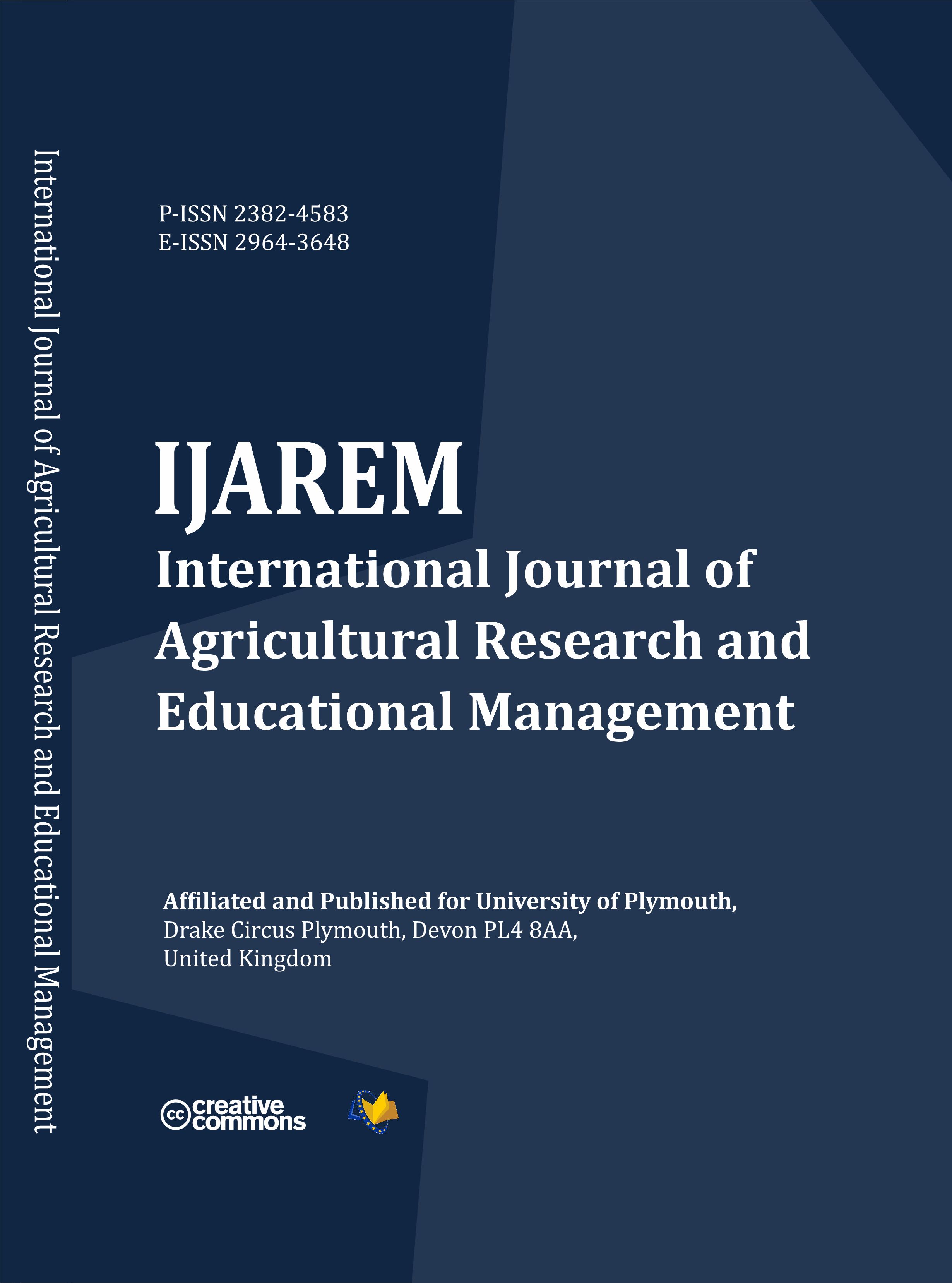International Journal of Agricultural Research and Educational Management (IJAREM)
Technological Innovations for Global Competitiveness in Public Tertiary Institutions in Rivers State
E-ISSN: 2964-3648
P-ISSN: 2382-4583
DOI: https://iigdpublishers.com/article/788
The study investigated technological innovations for global competitiveness in public tertiary institutions in Rivers State. It adopted descriptive research design. Five research questions and four null hypotheses guided the study. The population of the study consists of 1, 635 management staff in the six public tertiary institutions in Rivers State. A sample size of 300 respondents was used for the study representing 18% of the population. Simple random sampling techniques was used to drawn the sample. A self-structured questionnaire titled “Technology Innovation in Educational Management Questionnaire (TIEMQ). The questionnaire consists of two sections, section A dealt with items on demographic data of the respondents, while section B dealt with the question items in cluster of the independent variables. The response pattern was a 4 points Likert scale patterns as Very High Extent (VHE), High Extent (HE), (Low Extent (LE) and (1) Very Low Extent (VLE). The instrument was validated two experts and their correction and comments were used to draft the final copy of the instrument. A test retest method was carried out on 20 management staff of tertiary institutions that were outside the sample population to determine the reliability of the study. Mean and standard deviation scores were used to answer the research questions, while ttest was used to test the null hypotheses at 0.05 level of significance. The findings of the study showed that to a high extent technological innovation like SPSS, RMS, power point, blended learning influenced global competitiveness in public tertiary institutions in Rivers State. It was concluded that technological innovations in educational management influenced global competitiveness. Based on the findings, it was recommended among other that: Government should employ more digital personalities to positions of management staff in all the tertiary institutions in Rivers State, Procurement of adequate technological equipment, and facilities for all tertiary institutions in Rivers State to provide opportunity for school personnel management to switch to new technology in carrying out their managerial functions, School administrators should implement all the policies of the government in the schools on use of technologies to promote technological innovations in education, Management staff in all the tertiary institutions in Rivers State should undergo training and retraining program to update their personal skills in technological driving world and finally, management of all the tertiary institutions in Rivers State should provide adequate technologies in all the offices and other lecturers offices and lectures halls in the schools.
Ominini Brother Asako Walson
Albini, R. (2020). General information and communication studies. Livingstone.
Albirini, A. (2016). Teachers’ attitudes toward information and communication.
Al-Harbi, H. (2014). Towards successful implementation of ICT in Education. The 2014 WEI.
Alim, N., Linda, W. Gunawan, F., &Saad, M. (2019). The effectiveness of Google classroom as an instructional media: a case study of the Islamic Institute of Kendari, Indonesia. Humanities and Social Sciences Review, 7(2), 240-246. American Journal of Physics, 89, 403-412.
Andy, H. (2009). Usage of WhatsApp application for e-learning and its impact on academic performance in Irbid National University in Jordan. International Journal of Applied and social science education. 123-134
